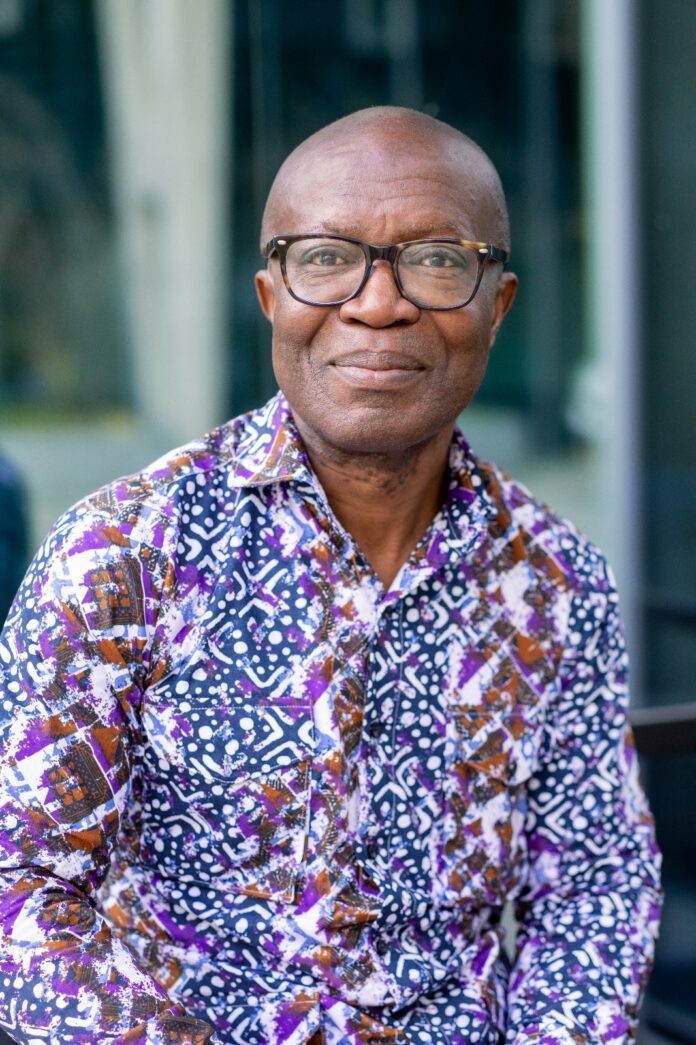You need deep roots, not deep pockets, to stand firm. This truth defined this year’s World Health Assembly, where the spotlight shifted from grand posturing to real change: ownership, inclusion, and trust.
In a world drawn to spectacle, that quiet honesty made the Assembly truly historic.
The message was clear: the era of ever-expanding global health budgets is over. Even the WHO trimmed evening sessions to cut costs. But this wasn’t an Assembly of despair — it was one of reinvention.
Attending my second Assembly in 25 years, I came with conviction: Africa is not too poor to deliver healthcare. What it needs are deep roots — ownership, inclusion, and trust.
By ownership, I mean strong leadership and political commitment. Inclusion ensures no one is left behind. And trust is built through credible partnerships that deliver on promises. This belief resonated throughout the sessions.
There was criticism — some expected, others profound. The U.S. Health Secretary, in a recorded message, described the WHO as outdated and called for a new framework. The U.S. even abstained from supporting the first pandemic agreement, backed by 124 nations.
Yet, the loudest calls for change came from within. Questions were raised: Do we need so many global health agencies? Can the WHO become smaller and more agile, as Thailand’s Suwit Wibulpolprasert asked? Former New Zealand Prime Minister Helen Clark called it a moment for reinvention.
And reinvention began. China pledged $500 million, becoming the WHO’s top state donor. Angola committed $8 million — a bold signal that Africa is stepping up. The Novo Nordisk Foundation, CIFF, Nippon Foundation, Switzerland, Sweden, Qatar, and others contributed more than $170 million combined.
The tone had shifted: less performance, more pragmatism.
Innovation and data are no longer buzzwords — they’re vital tools to guide investment, improve care, and rebuild trust across both rich and poor nations.
Countries like Ghana, Egypt, and Rwanda showcased health insurance models rooted in sovereignty, not dependency.
Pharmaceutical giants and major firms participated in smaller, previously overlooked forums — not to market products, but to engage on sustainability and trust.
Non-communicable diseases — responsible for 74% of global deaths — finally got the spotlight they deserve. HIV pooled procurement slashed ARV prices from $10,400 to just $40. Can we do the same for insulin and hypertension medicines?
Discussions on malaria, TB, maternal health, and neglected diseases echoed a common truth: our problem isn’t ignorance — it’s failure to deliver on what we already know.
The global health workforce crisis was reframed. It’s not only about migration — it’s about systems failing to absorb and empower talent. Wasted capacity is a policy failure.
The cracks in global health are visible — but now, they are also seen as openings for real reform.
I left Geneva with hope, not hype.
Money is tight. But the resolve for meaningful impact feels stronger than ever.
ALSO READ:



